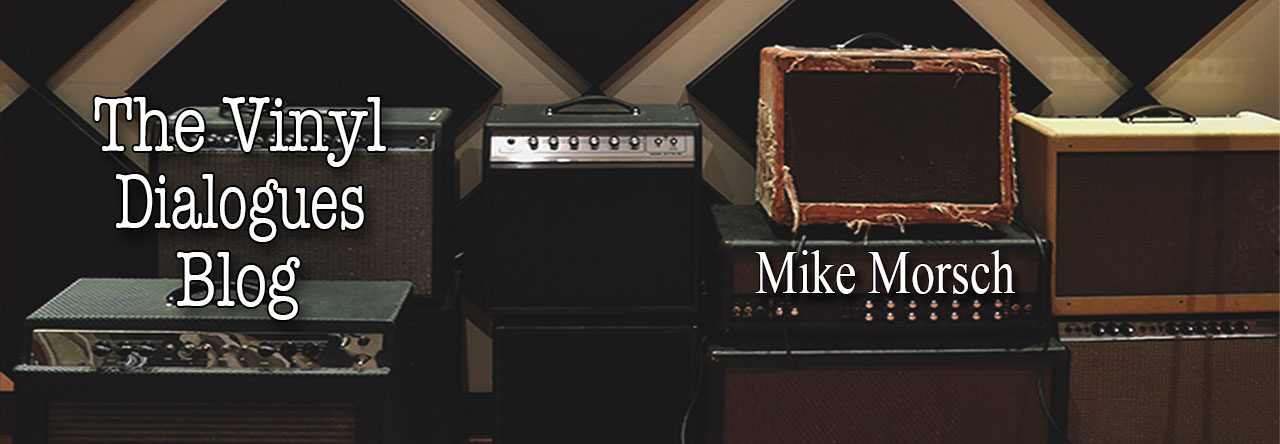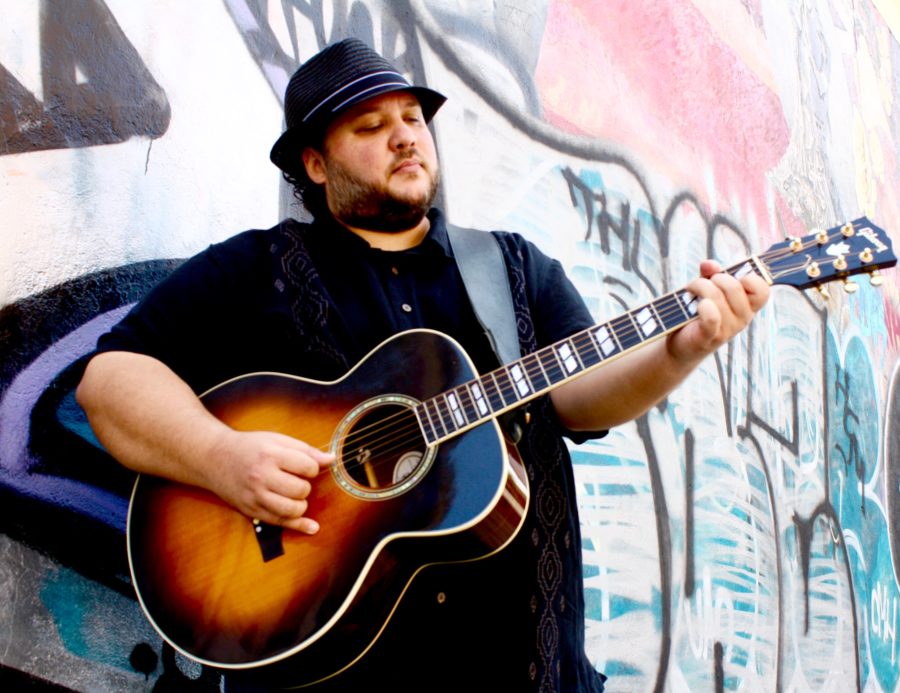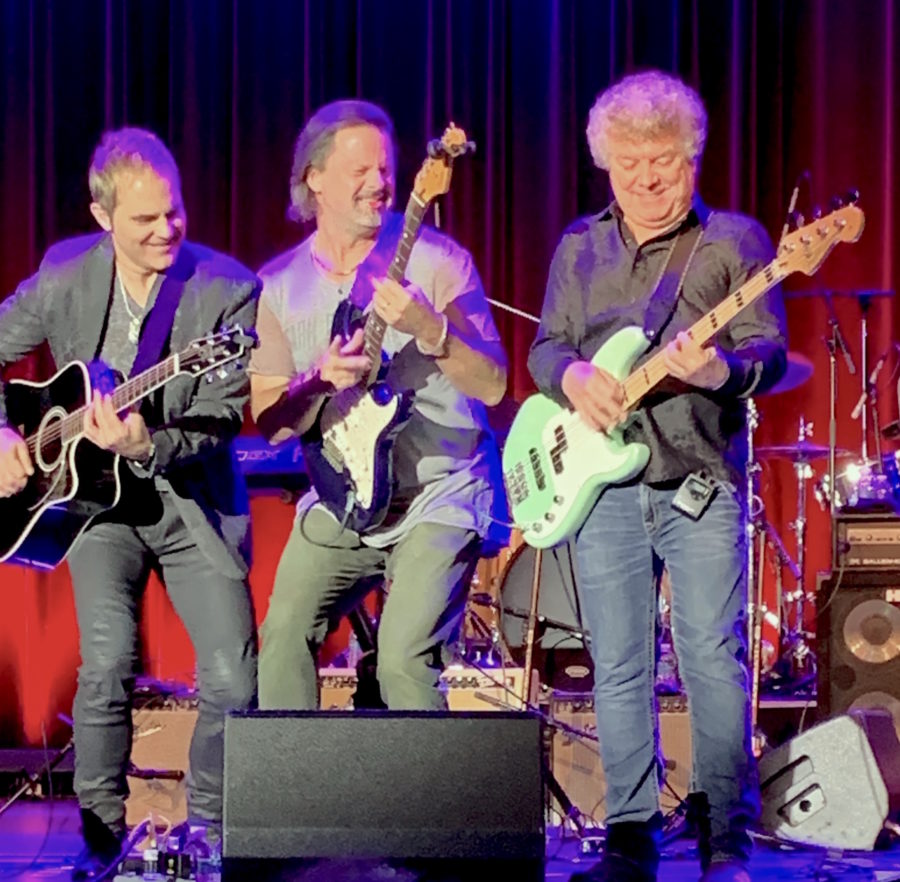Mutlu is getting into a little good trouble.
The Philadelphia singer-songwriter — who has written, recorded and opened for the likes of Philly icons Daryl Hall and John Oates as well as Amos Lee — can lay claim with his silk-like vocals to being part of the next generation of The Sound of Philadelphia (TSOP).
But his latest album is a little different. Titled “Good Trouble,” it’s got an edge. And that’s exactly how he wanted it. The title of the album was inspired by a term used by Georgia Congressman and civil right icon John Lewis, who uses it in the context of facing confrontation and pushback for his views.
Sure, its got the usual smooth groove and natural storytelling that has come to define Mutlu’s music. But “Good Trouble” takes it to a different level, tackling thought-provoking topics like societal change, inequality, depression and hardship.
“My … Read more


